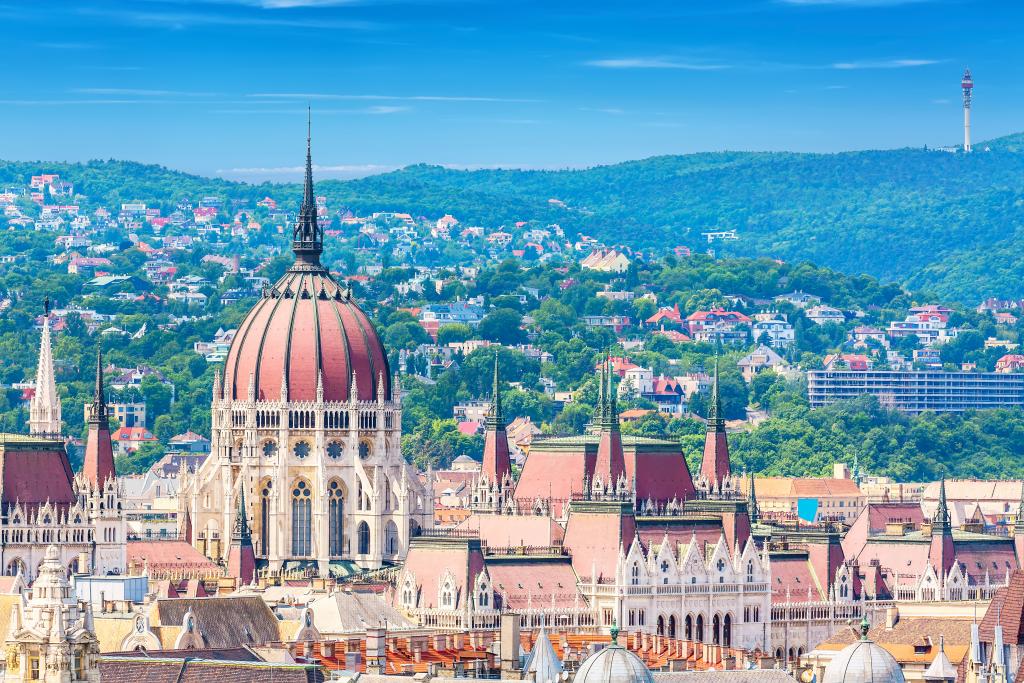A new book edited by Professor Amalia Ribi Forclaz analyses the transnational trends of the governance of rural areas in Europe following the First World War. In this interview, Professor Ribi Forclaz highlights the main argument of the book and how it differs from previous studies of rural history in Europe.
What is the main argument of the book?
The main argument of the book is that in the wake of the First World War in many rural areas in Europe a trend towards greater social, economic and political planning and intervention can be observed that resonates with later development efforts in the so-called Third World. The book shows how local authorities, government officials, scientific experts, politicians and farmers engaged in debates on the governance of rural communities, responding to both real and imagined concerns of poverty and decline, backwardness and insufficient control.
Had that history been examined previously and, if so, what did you seek to add or examine further and with what results?
Rural and agricultural history, especially in Europe, has for a long time been limited to the national context. Liesbeth van de Grift and I wanted to break up this rigid national framework to draw attention to transnational trends and to elaborate on the similarities as well as differences between national case studies. We also wanted to bring together historians from a range of sub-disciplines (political, social, economic and environmental history) to set up a dialogue between scholars who do not usually work together and to offer an innovative perspective on one of the key periods of the twentieth century.
How does the ‘hybridity’ notion play out in relation to this particular European history and does it 'travel' beyond this case? If so, how can we use it in international history?
The hybridity notion as put forward by Latour and taken up by environmental historians sees rural spaces as part natural, part social environments in which the fate of people and their natural surroundings is closely intertwined. International history has so far paid a lot of attention to actors, institutions and ideas, but much less so to nature and the environment. In other words, international historians have yet to look at the transnational circulation of the political, economic and social meanings of this intertwinement. They should do so not only with regard to rural governance, but also, for example, food and water politics, and territorial expansion and by connecting Europe to its global context.



